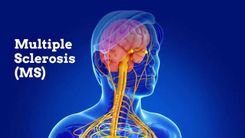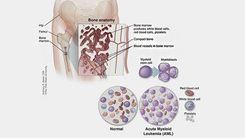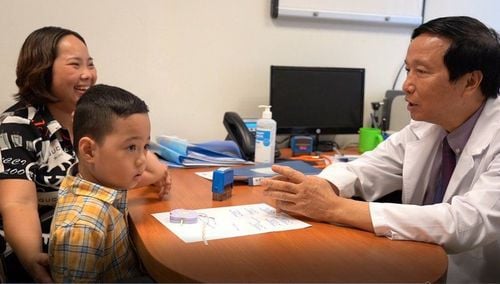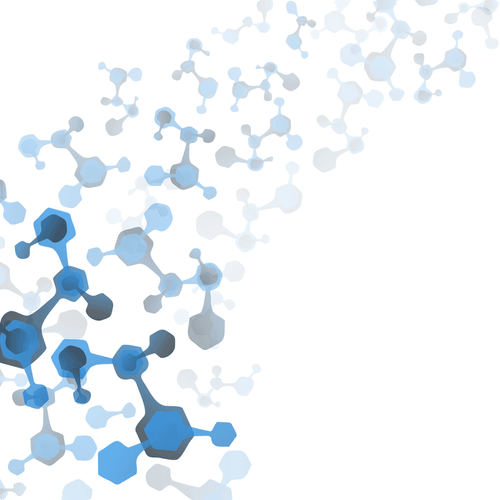"Outcomes of bone marrow mononuclear cell transplantation combined with interventional education for autism spectrum disorder" is a research project implemented by Vinmec in cooperation with Stanford University (USA) and Keele University (UK) since 2016. This is the first project on autism treatment with stem cell transplantation in Vietnam and has been accepted by the Ministry of Health in September 2019.
Compared to previous studies on autism treatment in children with stem cell transplant therapy, Vinmec's research is more comprehensive with outstanding advantages including clinical evaluations, brain metabolism assessment by PET-CT scans, genome sequencing of children and their parents. The research shows that stem cell therapy combined with educational interventions can significantly reduce impairments in children with autism spectrum disorders. Patients received two high-dose autologous transplantations of stem cells from bone marrow collected from anterior iliac crests through the intrathecal route to maximise the amount of cells reaching the brain.
In addition to stem cell transplantations, a combination with educational intervention is very important to help achieving significant changes in children with autism. In particular, the scientists conducted genome sequencing of autistic patients and their parents to find genetic mutations and evaluate their effects on treatment and progression after stem cell transplantations.
According to research results, high-dose autologous stem cell transplant combined with educational intervention is a safe and effective approach. After stem cell transplantation, 90% of children have made remarkable progress in cognition, social communication and daily skills. Before transplantation, only 47% of children had expressive language but after transplantation, this number increased to 93%. The proportion of children with hyperactivity disorder has decreased by 50% and the number of children who can go to school without support has increased. Besides, the severity of the child's autism has decreased markedly.
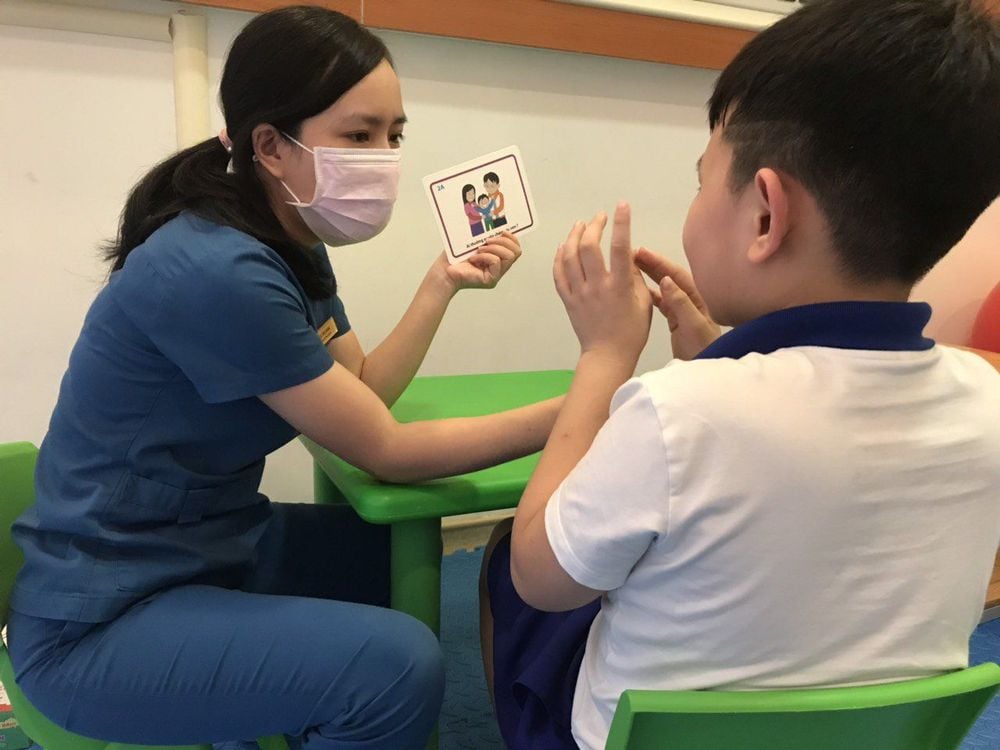
Pre- and post-transplant patient status was assessed by independent psychologists who were not members of the research team, so the objectivity and reliability of the results were ensured. In addition to the evaluation of autistic experts, the study also collected evaluation results from the patients’ teachers directly and from children's parents to ensure multidimensional and objective opinions. An 18-month follow-up, which is the longest follow-up time compared to that in previous studies, shows that positive results gradually increase with follow-up time and demonstrate the treatment's sustainability.
Appreciating the significance of Vinmec's research on autism, in the press release article introducing the project, Anthony Atala, M.D., Editor-in-Chief of STEM CELLS Translational Medicine and director of the Wake Forest Institute for Regenerative Medicine has emphasized: “The clinical finding showing that the cell therapy treatment safely reduced severe autism spectrum disorder characterizations in children is encouraging. The findings are promising and open the opportunity for the development of a translational medicine approach that could help affected children”.
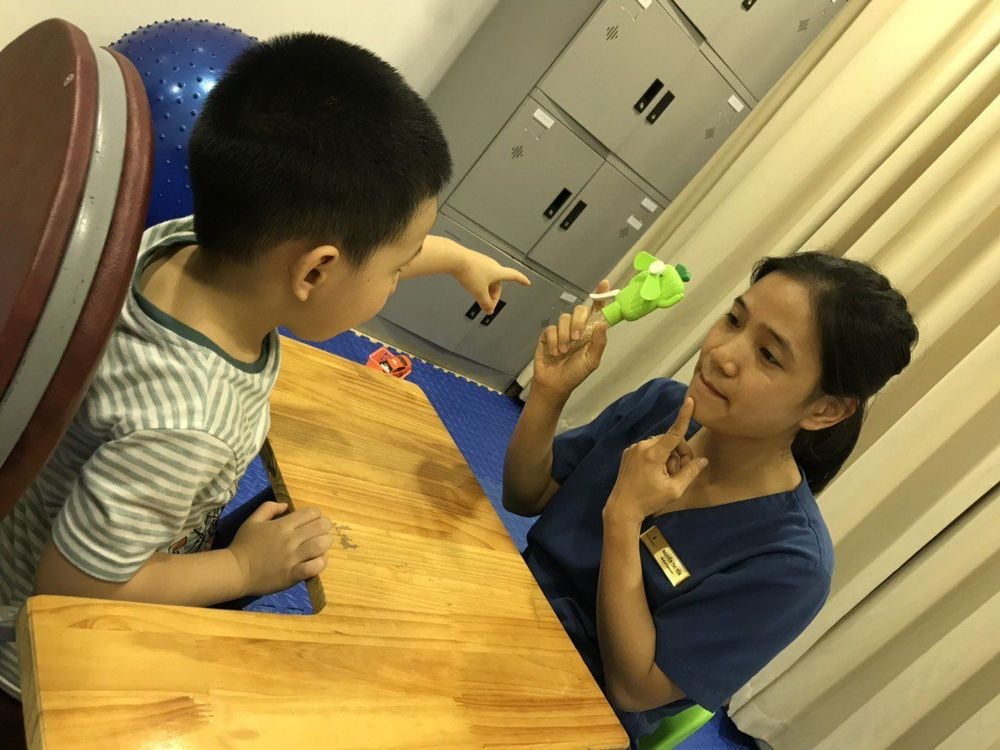
The research project "Outcomes of bone marrow mononuclear cell transplantation combined with interventional education for autism spectrum disorder" has put Vietnam in the list of pioneering countries in research and application of stem cells to treat autism, contributing to improving the quality of life of children with autism.
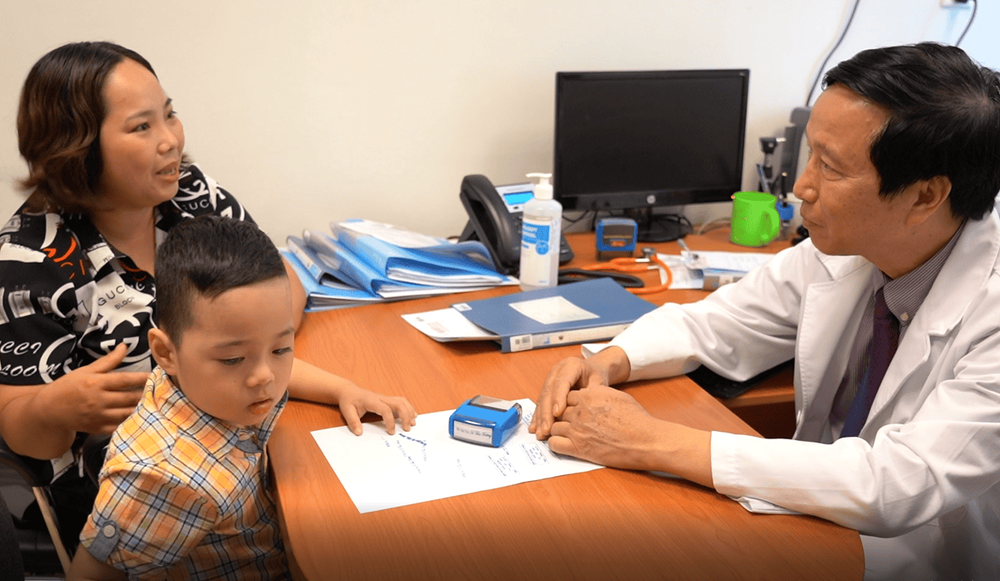
STEM CELLS Translational Medicine is a leading reputable journal, ranked Q1 - Top prestigious journals in the field of stem cell application globally with an Impact Factor of 6,429. This scientific paper is the 2nd scientific publication regarding autism by Vinmec in the past 3 years that has been published in international journals.
In November 2019, Vinmec published a scientific article on children's genetic characteristics with autism in Vietnam. These discoveries made by Vinmec are a solid foundation in the development of autism spectrum screening, diagnostic and treatment.
Box 1: According to the US Center for Disease Control and Prevention, autism spectrum disorder affects more than 18/1,000 children over 8 years old. Autism encompasses a range of complex disorders characterized by a child's lack of communication and social interaction, limited social interaction, and repetitive language and behaviors. Children with autism also often experience sleep disturbances, seizures, and digestive problems.
Box 2: Vinmec Research Institute of Stem Cell and Gene Technology (VRISG), founded in 10/2016, is a strategic research unit in the field of Biomedicine invested and developed by Vingroup. VRISG aims to develop into a leading research institute by 2030 in research and application of stem cell therapy. In addition to stem cell studies for autism, VRISG also conducts studies on cerebral palsy, cirrhosis, congenital biliary atrophy, spinal cord injury, blood diseases ... and achieved positive results along with many scientific papers. The Stem Cell & Gene Technology Research Institute's outstanding achievements with the research on genes and stem cells show Vinmec's right academic approach, contributing to the sustainable development of the field of healthcare in Vietnam.

